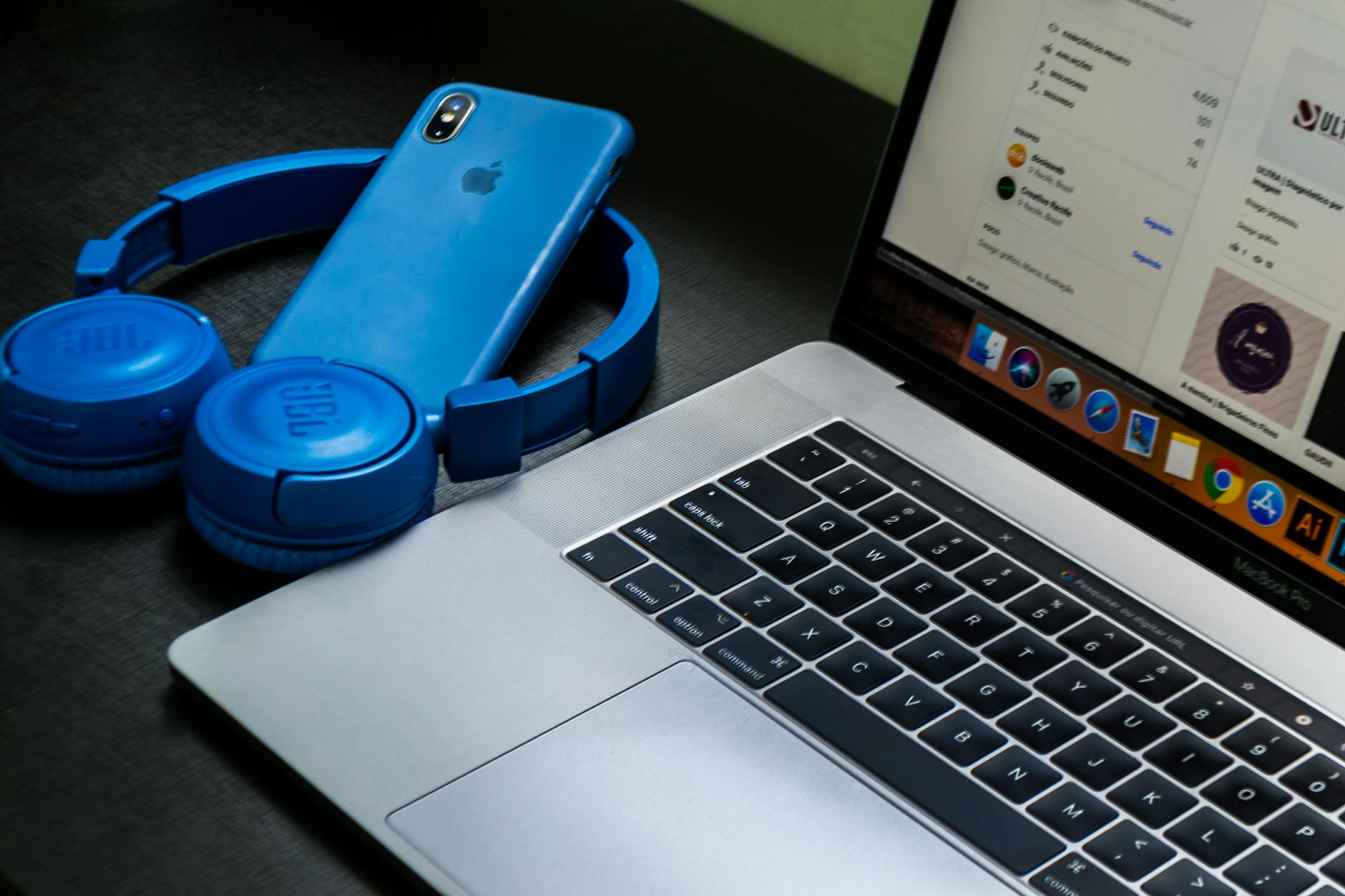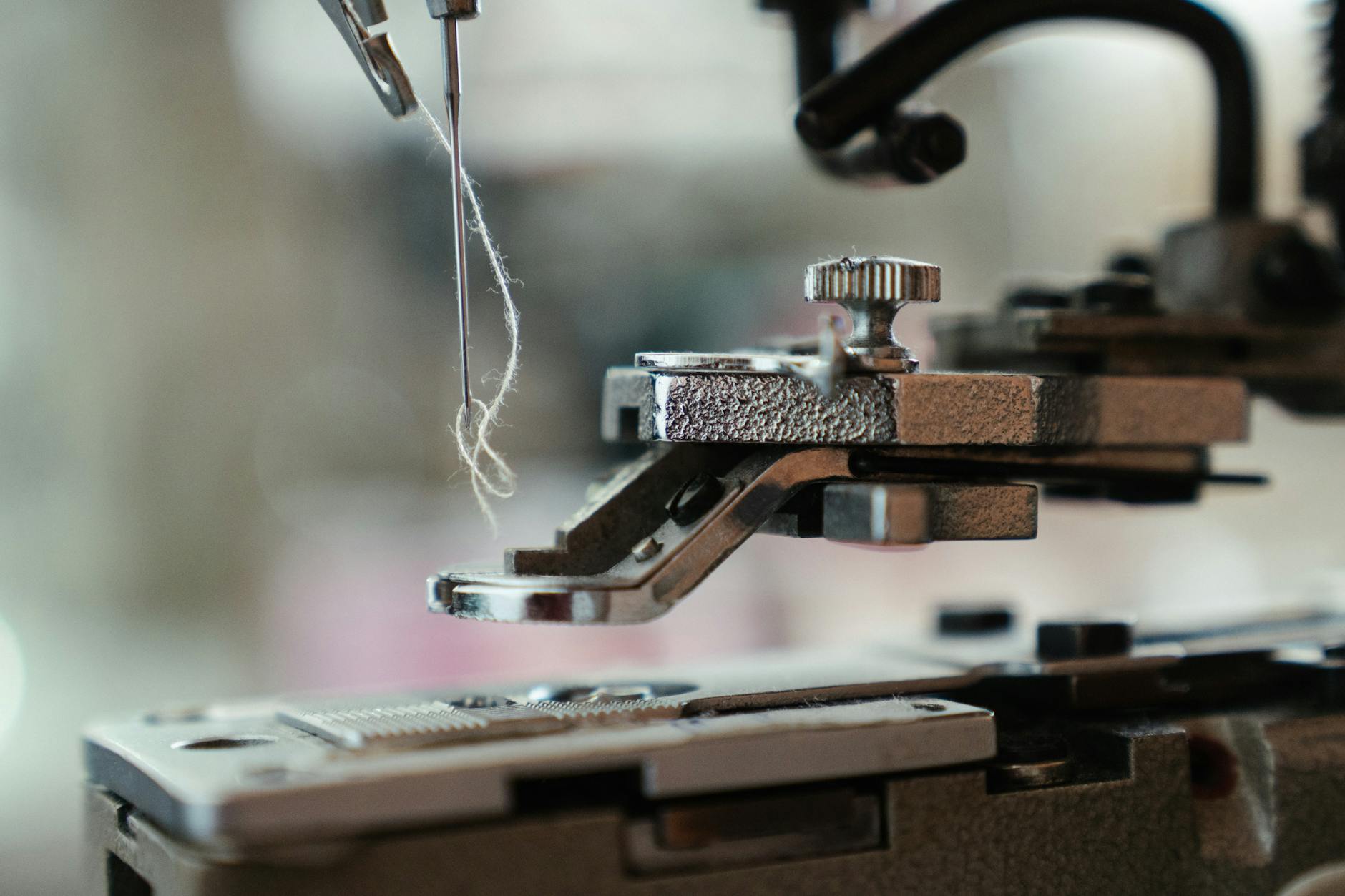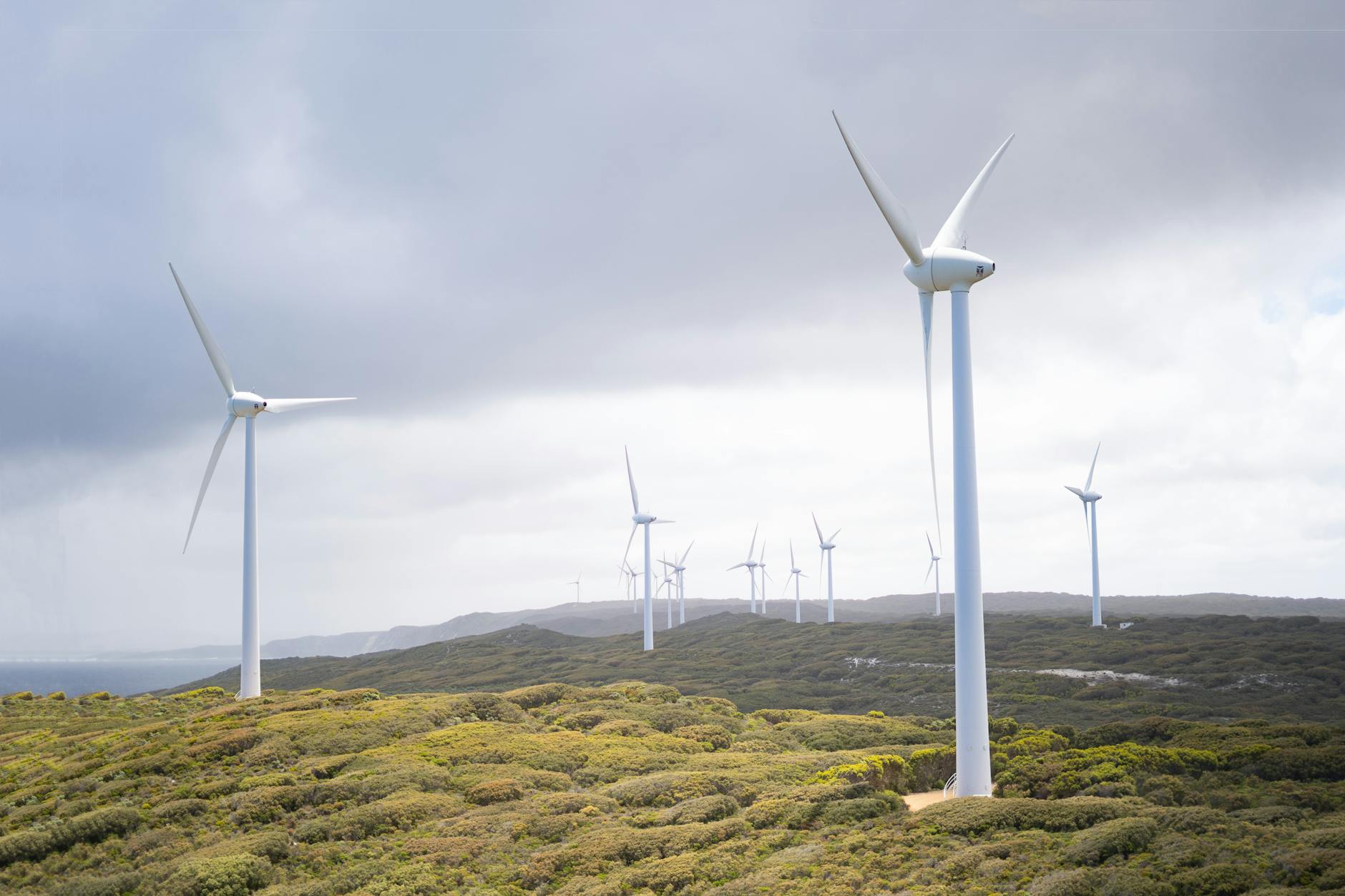Why Australia Is a Hub for Innovative Music Production Techniques

Influential Music Scenes
Rise of Indie Artists
As I stroll through the vibrant lanes of Melbourne, it’s hard not to feel inspired by the thriving indie music scene that echoes through venues like those found along Brunswick Street. This street has become a mecca for pro audio equipment enthusiasts who are passionate about crafting unique sounds. From unassuming cafés to intimate music venues, there’s an undeniable buzz that fuels creativity.
Indie artists in Australia have been pivotal in shaping the contemporary music landscape. These musicians have an innovative approach, blending genres and sounds to create something truly unique and engaging. Such creativity is supported by the easy accessibility of high-quality audio equipment and recording facilities. With a community dedicated to pushing the boundaries of traditional music rules, Melbourne offers a nurturing ground for aspiring musicians to explore and discover their style.
Electronic Music Innovations
Australia's electronic music scene is nothing short of revolutionary, with producers experimenting and fine-tuning their art. The creative heartbeat near Federation Square is palpable, with recording studios filling their spaces with cutting-edge technology and top-tier recording microphone setups. This allows artists to capture the nuances of electronic music and offer audiences a transformative listening experience.
In a city teeming with musicians ardent about lifelong learning and exploration, there's an encouraging spirit within communities that enables them to experiment with electronic sounds. Whether it's a tweak of a synthesizer or a novel way of layering beats, innovation lies at the heart of Melbourne's music developments.
Unique Influences
Indigenous Sounds
Exploring Australia’s musical landscape reveals a wealth of Indigenous sounds, which have deeply influenced the country’s music production. Indigenous music features unique instruments like the didgeridoo, creating resonant sounds that have inspired countless musicians and producers. These traditional instruments have not just shaped our music history; they continue to infuse modern tracks with layers of cultural depth. Many producers incorporate these elements into their work to bring a sense of authenticity and connection to the land.
Multicultural Inputs
Australia's multicultural society significantly impacts the diversity of music styles found in the country. With influences from Asian, European, and Middle Eastern cultures, Australian music benefits from rich and varied inputs. This amalgamation of cultures spurs creativity, allowing artists to blend different musical styles, resulting in fresh and innovative sounds. For tech enthusiasts like myself, experimenting with these diverse influences in music tech applications, such as monitors for video conferencing, can make communication more lively and engaging, akin to the dynamic vibe you feel at the music stores on Brunswick Street in Melbourne.
Natural Acoustic Inspiration
Australia's abundant natural beauty provides a unique acoustic backdrop that influences music production. Artists and producers often draw inspiration from the sounds of the ocean, the rustle of eucalyptus leaves, and the call of native birds. These elements shape the creation of immersive and organic soundscapes. Just as music technology like a universal remote simplifies equipment management, incorporating natural acoustics offers a way to deepen the emotional impact of music, highlighting the natural symphony that surrounds us.
Advanced Technology Adoption
Cutting-Edge Recording Studios
In Melbourne, particularly near Federation Square, music production thrives thanks to cutting-edge recording studios equipped with state-of-the-art technology. These spaces are where creativity meets innovation, utilising AI and advanced recording strategies to deliver exceptional sound quality. For those diving into this world, understanding equipment like hearing loop systems can significantly enhance the recording process, improving accessibility without compromising quality. These studios are renowned for seamlessly blending traditional instruments such as guitars and basses with modern digital tools, fostering an environment where musicians can truly innovate.
Integration with Digital Platforms
The digital landscape is rapidly expanding, and Melbourne's music scene capitalises on this through the integration of digital platforms. Local artists gravitate towards using advanced software and online tools to share and promote their music, making it essential for any musician to grasp these digital advancements. With the rise of music streaming services and online tutorials, musicians have more opportunities than ever to showcase their talents globally, all while benefiting from feedback and collaboration through various online communities.
AI in Music Composition
AI technology is reshaping music composition in Melbourne, offering tools that allow musicians to experiment with their creativity in unprecedented ways. For instance, AI can analyze and learn from existing recordings, offering suggestions for harmonies or even generating unique sound compositions. This technological marvel is a game-changer for those who are eager to push the boundaries of traditional music composition, making it a vital aspect of any modern musician's toolkit.
Educational Ecosystem
Leading Music Schools
When it comes to propelling the music industry forward, institutions like the Melbourne Conservatorium of Music stand out as beacons of innovation. These schools offer robust curricula and foster environments where students can explore the intricate world of sound engineering, from mastering acoustic panels to perfecting recording techniques. Courses are designed not only to equip students with technical skills but to challenge them creatively. Students have access to leading-edge equipment and intimate mentorship, preparing them for success in diverse music careers.
Community Workshops
The vibrant energy of community workshops is felt throughout Melbourne, with spaces designed for music professionals to hone their skills and share knowledge in a collaborative setting. Imagine attending a creative recording session near Federation Square, where diverse techniques are dissected by seasoned professionals. These workshops often focus on practical applications, delving into topics such as broadcast solutions to improve live performances. By facilitating these creative exchanges, local workshops empower musicians to keep pushing the boundaries of their craft.
Industry Collaborations
Collaborating with top industry players is like hitting the jackpot for aspiring musicians. In Melbourne, partnerships with leading recording studios and established artists provide valuable real-world experience. For instance, working alongside experts in St Kilda's live music venues offers fresh insights into integrating emerging technologies with traditional methods. These collaborations serve as a conduit for innovation, encouraging musicians to leverage local expertise and resources to stay at the forefront of the music production landscape.
Best Practices in Music Production
Embracing Unconventional Techniques
As someone who's journeyed through countless gigs and studio sessions, I find that breaking the mould with experimental techniques is a game-changer. Imagine incorporating modular synths, as frequented by musicians at those iconic Brunswick Street stores, into your sessions. The creativity brought forth by such equipment can redefine how soundscapes are built in modern tracks. Additionally, exploring the raw and authentic vibes from live recordings in St Kilda can infuse a raw energy into your productions. Remember, originality can be cultivated by stepping outside the preset norms and embracing the spontaneous.
Building a Global Network
One cannot underestimate the power of networking with global artists. By connecting through platforms and at international festivals, producers can exchange techniques and ideas that, although diverse, blend seamlessly into unique musical masterpieces. Crossing paths with artists in recording studios around Federation Square, for instance, has provided me invaluable insights on global music perspectives. It’s all about collaborative growth and bringing those worldly influences back to your projects.
Utilising Diverse Local Talent
Tapping into the rich pool of local talent is another key practice. Melbourne, with its vibrant music scene, offers a fertile ground for collaboration. Whether it’s integrating local voices into your tracks or co-creating with a talented sound engineer to employ innovative audio equipment, the richness of skills locally is undeniable. With local musicians often having experience in both DIY music production settings and high-end studios, there’s a lot to be gained. By blending these talents into your work, you'll fuel your creative fire and elevate your music production to new heights.


